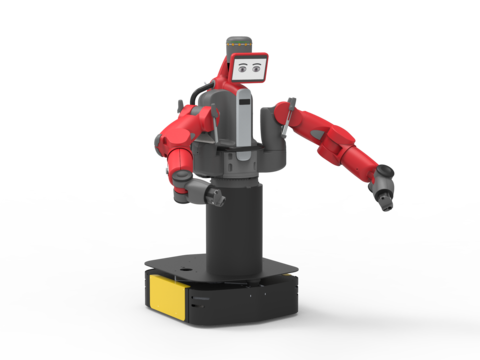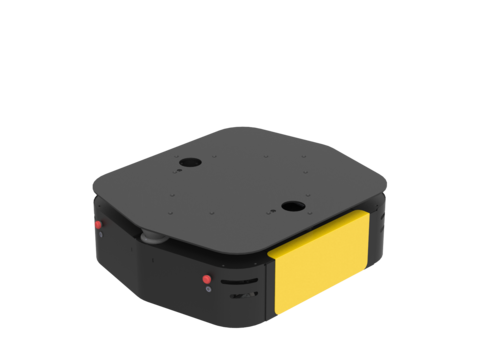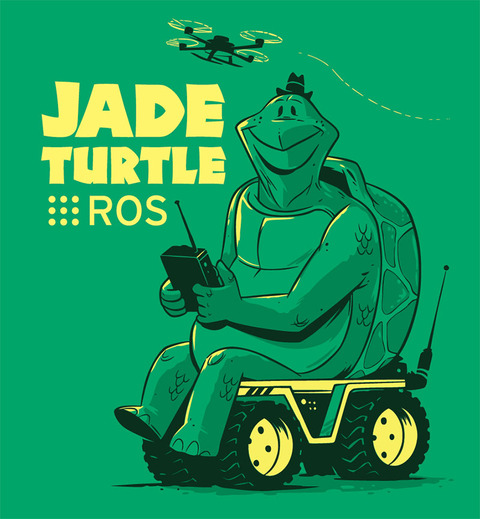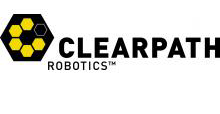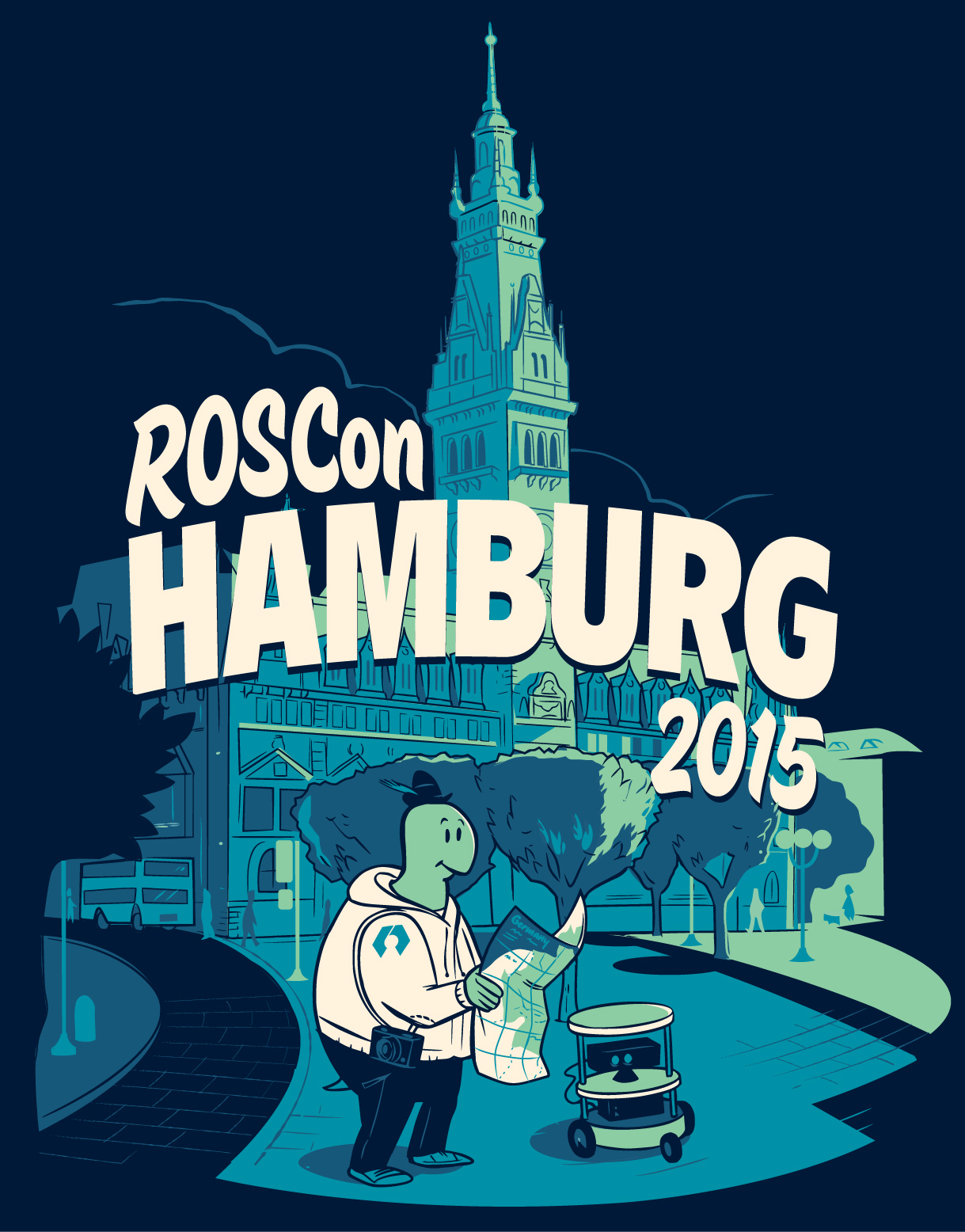
-------------------------------------------------
ROSCon 2015
October 3rd-4th, 2015 Hamburg, Germany
Immediately following IROS
-------------------------------------------------
Important Dates
-------------------------------------------------
Call for Proposals -- May 15th, 2015
Proposal submission deadline -- July 7th, 2015
Proposal acceptance notification -- July 14th, 2015
ROSCon
-------------------------------------------------
ROSCon 2015 is a chance for ROS developers of all levels, beginner to
expert, to spend an extraordinary two days learning from and networking
with the ROS community. Get tips and tricks from experts and meet and
share ideas with fellow developers from around the globe.
ROSCon is a developers conference, in the model of PyCon and BoostCon. Following the success of the inaugural ROSCon in St. Paul, Minnesota, the second version in Stuttgart, Germany, last years event in Chicago, Illinois,
this year's ROSCon will be held in Hamburg, Germany. Similar to
previous years, the two-day program will comprise technical talks and
tutorials that will introduce you to new tools and libraries, as well as
teach you more about the ones you already know. The bulk of the program
will be 30-40 minute presentations (some may be longer or shorter). To
submit a proposal please read the Call for Proposals.
If you don't want to make a formal presentation, you should still
bring your new project or idea to ROSCon! There will be sessions of
Lightning Talks, which are 5-minute mini-talks that are scheduled
just-in-time at the conference. There will also be open space for
Birds-of-a-Feather (BoF) meetings, impromptu hacking sessions, and
informal presentations.
If you are looking for information on past ROSCons see their separate
websites including past programs, slides and videos of the
presentations are available from their programs: ROSCon 2012 Program, ROSCon 2013 Program, and ROSCon 2014 Program.
As more information becomes available this years program will be filled out here.
Submission Guidelines
------------------------------------------------
Presentations and tutorials on all topics related to ROS are invited.
Examples include introducing attendees to a ROS package or library,
exploring how to use tools, manipulating sensor data, and applications
for robots.
Proposals will be reviewed by a program committee that will evaluate fit, impact, and balance.
We cannot offer sessions that are not proposed! If there is a topic
on which you would like to present, please propose it. If you have an
idea for an important topic that you do not want to present yourself,
please post it to ros-users@lists.ros.org.
Topic areas
------------------------------------------------
All ROS-related work is invited. Topics of interest include:
- Best practices
- Useful packages and stacks
- Robot-specific development
- ROS Enhancement Proposals (REPs)
- Safety and security
- ROS in embedded systems
- Product development & commercialization
- Research and education
- Enterprise deployment
- Community organization and direction
- Testing, quality, and documentation
- Robotics competitions and collaborations
Proposal submission
------------------------------------------------
A session proposal should include:
- Title
- Recommended duration: Short (~20 minutes) or Long (~45 minutes)
- Summary, 100 word max (to be used in advertising the session)
- Description (for review purposes): outline, goals (what will the
audience learn?), pointers to packages to be discussed (500 Words
Maximum)
To submit a proposal please visit: http://roscon.ros.org/review
Further Info
------------------------------------------------
The event website is http://roscon.ros.org You can contact the organizing committee at roscon-2015-oc@osrfoundation.org







